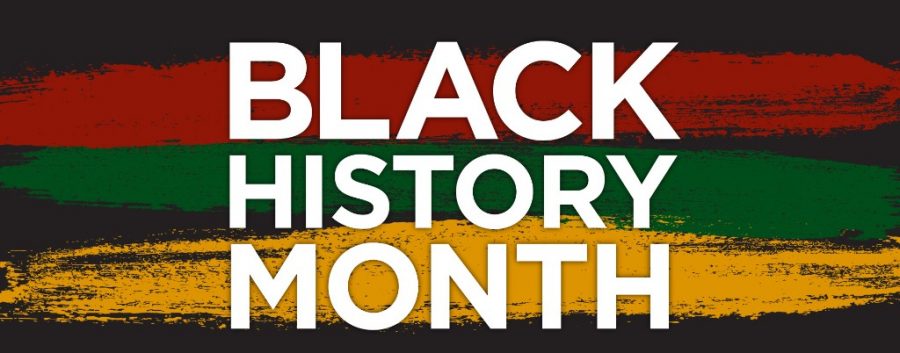Have We Lost Sight of What Black History Month Really Means?
Have we lost sight of what Black History Month means? The question evokes much thought and potential debate.
February is a month dedicated to the celebration of African Americans and the numerous contributions they have made to America and to the world. With its roots in 1926, when a “Negro History Week” was featured, Black History Month remains a time to reflect on all those who preceded us and find ways to take advantage of the opportunities they provided. We tend to display that appreciation by means of various celebrations.
Upon a recent google search for “How to celebrate Black History Month” I stumbled across several articles advising individuals to listen to African American music, watch films by black filmmakers and directors, and delve into their literary and artistic contributions. All of these suggestions are well intended and important for us to develop a greater understanding of the importance of February. So why would I pose such a question?
An accomplished art teacher once relayed an anecdote in which one of his promising students submitted a piece of artwork featuring a young black woman living her best life. Yet when she submitted the masterpiece, she w-s turned away and her work was deemed unrepresentative of Black History Month? What does that mean? Would they have preferred the age old portrait of Harriet Tubman on the Underground Railroad or Scott Joplin at a piano? Both of these individuals surely deserve the respect and acknowledgement of a king or queen because of all they have done to help develop society to the point it is currently at. Yet, even if this is the case, it doesn’t mean we should adopt a close minded interpretation of what it truly means to celebrate Black History Month.
Instead of having an assembly where the chorus students sing slave songs, why not make it the goal of every student to go to class on time and demonstrate the gratitude for all African Americans have done to contribute to educational opportunities?
Instead of the classic biography of an influential African American, why not inspire an essay to ask individuals how they are planning on contributing to Black History in the future?
This article was not written with the perspective that learning about historical leaders is an irrelevant and overplayed concept because learning about our past enables us to mold our future. It is for the sole purpose of understanding that we can learn to develop a better method of honoring such individuals in ways that show we don’t just celebrate it because it’s a nationally declared month- we celebrate because we are taking advantage of the opportunities we received from those that came before.


